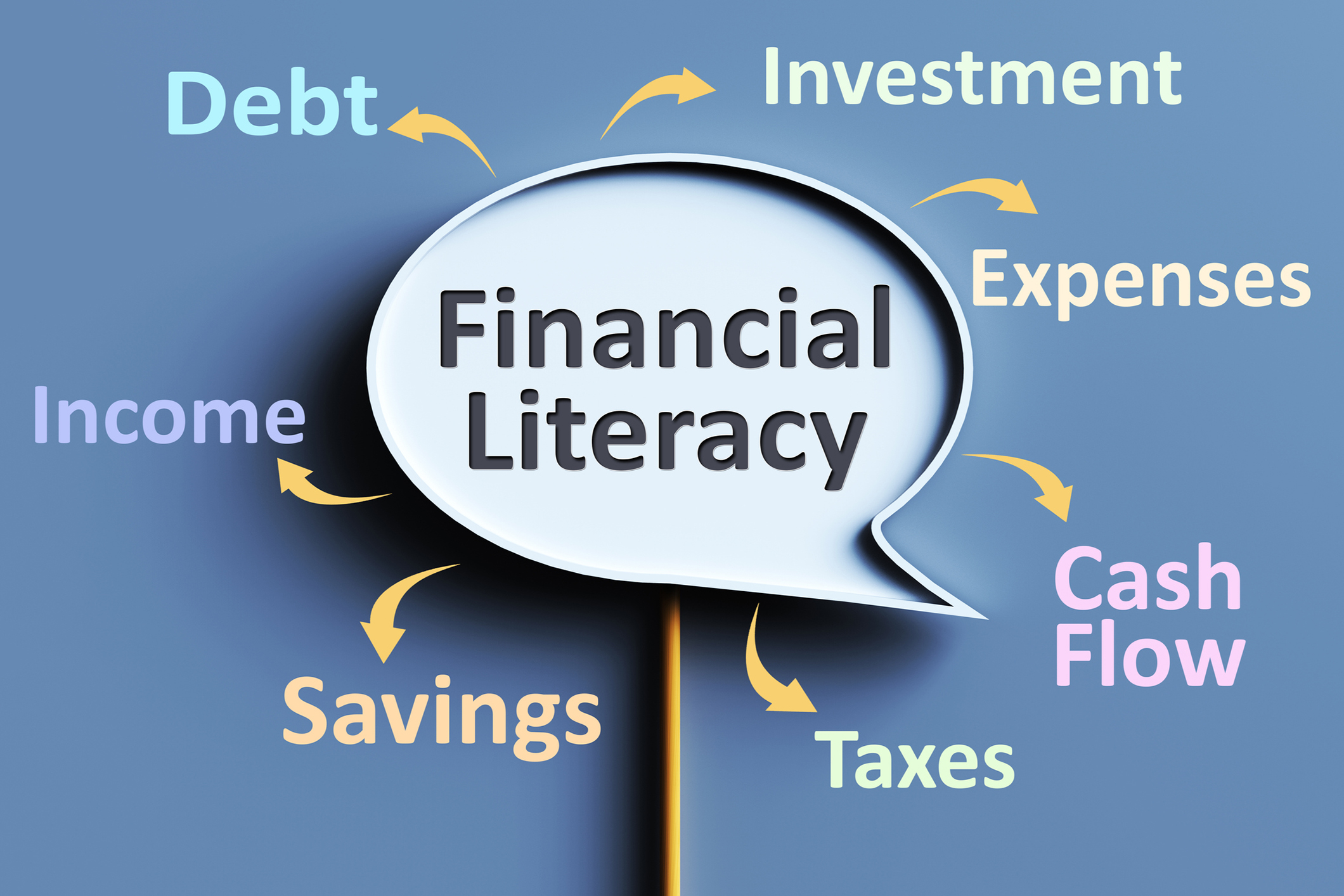Financial Awareness Day serves as a crucial reminder for individuals to evaluate their financial health and take meaningful steps toward building a more secure financial future. This annual observance encourages people to assess their spending habits, savings goals, and overall money management strategies while highlighting the importance of financial literacy in today’s economy.
Understanding the Importance of Financial Awareness Day
Financial institutions across the country recognize Financial Awareness Day as an opportunity to educate customers about smart money management practices. The day emphasizes that financial awareness extends far beyond simply tracking expenses—it encompasses understanding credit scores, retirement planning, emergency fund building, and making informed investment decisions.
Banks and credit unions use this occasion to offer educational resources that help community members develop stronger financial foundations. These institutions understand that financially literate customers make better financial decisions, leading to improved economic stability for both individuals and the broader community.
Essential Financial Awareness Strategies for Every Household
Creating a Comprehensive Budget Plan
Successful financial management begins with establishing a realistic budget that accounts for all income sources and necessary expenses. Financial experts recommend the 50/30/20 budgeting rule, where individuals allocate 50% of income to needs, 30% to wants, and 20% to savings and debt repayment.
Households should track their spending patterns for at least three months to identify areas where money might be unnecessarily spent. This awareness allows families to redirect funds toward more important financial goals, such as building an emergency fund or contributing to retirement accounts.
Building Emergency Savings Funds
Financial advisors consistently emphasize the importance of maintaining an emergency fund equivalent to three to six months of living expenses. This financial cushion protects families from unexpected expenses such as medical bills, car repairs, or temporary job loss.
Many banks offer high-yield savings accounts specifically designed for emergency funds, providing easy access to money while earning competitive interest rates. Starting with small, regular contributions helps build this crucial financial safety net over time.
Understanding Credit and Debt Management
Financial Awareness Day presents an ideal time for individuals to review their credit reports and understand how credit scores impact their financial opportunities. People should check their credit reports annually from all three major credit bureaus to identify any errors or areas for improvement.
Effective debt management strategies include paying more than minimum amounts on high-interest debt, consolidating multiple debts when beneficial, and avoiding new debt while working to eliminate existing balances. These practices contribute significantly to improved financial health and increased borrowing power for future needs.
Investment Basics for Long-Term Wealth Building
Starting Early with Retirement Planning
Financial awareness includes understanding the power of compound interest and starting retirement savings as early as possible. Even small contributions to employer-sponsored 401(k) plans or individual retirement accounts can grow substantially over decades.
Many employers offer matching contributions to retirement plans, which essentially provide free money for employees who participate. Financial professionals recommend contributing enough to receive the full employer match as a minimum starting point for retirement savings.
Protecting Financial Assets Through Insurance and Estate Planning
Evaluating Insurance Coverage Needs
Comprehensive financial awareness includes protecting accumulated wealth through appropriate insurance coverage. This includes health insurance, life insurance, disability insurance, and property insurance that safeguards against significant financial losses.
Individuals should regularly review their insurance policies to ensure coverage amounts remain adequate as their financial situations change. Life insurance needs, in particular, may increase as people acquire mortgages, have children, or accumulate other financial obligations.
Basic Estate Planning Considerations
Estate planning represents another crucial aspect of financial awareness that many people overlook until later in life. Creating wills, establishing power of attorney documents, and designating beneficiaries on financial accounts ensures that assets transfer according to individual wishes.
Financial institutions often provide estate planning resources and can coordinate with legal professionals to help customers address these important matters proactively rather than during crisis situations.
Technology Tools for Enhanced Financial Management
Digital Banking Solutions
Modern banking technology offers numerous tools to support financial awareness and money management. Mobile banking apps provide real-time account monitoring, spending categorization, and budget tracking features that make financial oversight more convenient and effective.
The Amerant Bank Personal Finance Tool offers financial wellness platforms that provide personalized insights, goal-setting tools, and budgeting tools to help customers improve their financial health continuously.
Automated Savings
Technology enables automatic transfers from checking to savings accounts, helping people build emergency funds and reach savings goals without requiring constant attention.
These automated systems help remove emotional decision-making from savings activities, leading to more consistent progress toward financial goals.
Taking Action Beyond Financial Awareness Day
Financial Awareness Day should serve as a catalyst for ongoing financial improvement rather than a single day of consideration. Individuals benefit from scheduling regular financial check-ups throughout the year to monitor progress, adjust goals, and address changing circumstances.
Banks encourage customers to take advantage of financial counseling services, educational workshops, and online resources available throughout the year. These ongoing educational opportunities help people develop deeper financial knowledge and make increasingly sophisticated financial decisions.
The journey toward financial security requires consistent effort and continuous learning, but the foundation built through increased financial awareness creates opportunities for long-term prosperity and peace of mind. By taking concrete steps during Financial Awareness Day and maintaining that momentum throughout the year, individuals can significantly improve their financial outcomes and build the wealth necessary to achieve their life goals.
Financial Awareness Day reminds everyone that smart money management represents an ongoing commitment rather than a one-time event. Through careful budgeting, strategic saving, informed investing, and appropriate protection planning, individuals can build the financial foundation necessary for long-term success and security.






